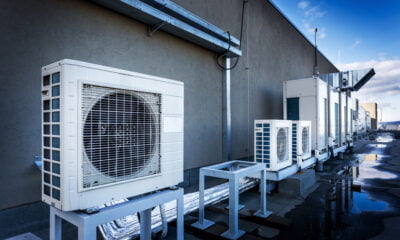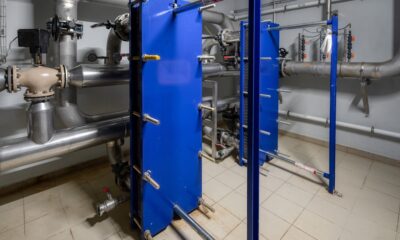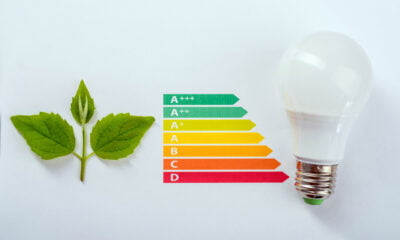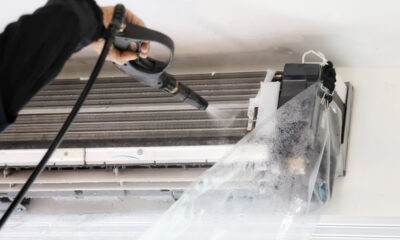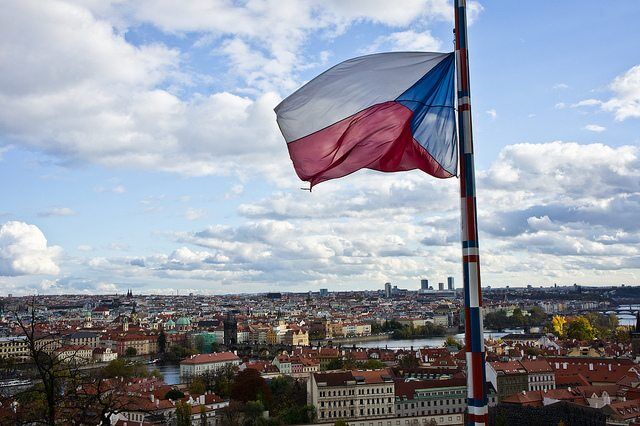
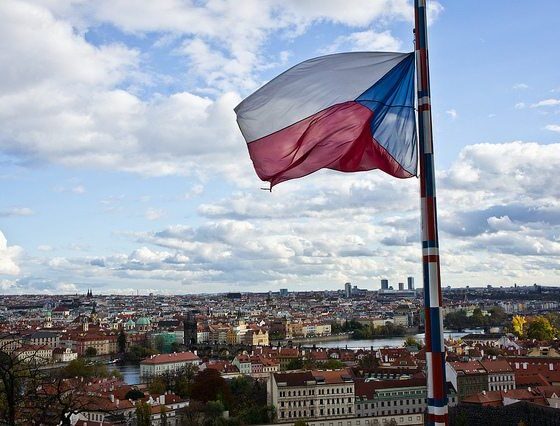
Energy
Czech Republic Urged By IEA To Set Conditions To Boost Energy Investments
The Czech Republic have been commended for supporting the development of robust natural gas and electricity infrastructure in the latest review of Czech energy policies by the International Energy Agency.
The country has the highest level of electricity interconnection capacity within Central Europe and is equally well connected to neighbouring natural gas markets.
Dr Fatih Birol, the IEA’s executive director, said that the Czech Republic’s energy policies have been strengthened by the adoption in 2015 of the State Energy Policy (SEP) and complementary climate policies. These measures represent a solid starting point, but the government needs to set out transparent implementation plans to support these policies and establish clear expectations for future investors.
The government must create the conditions to attract necessary investments across the energy sector
Speaking at the launch in Prague of the Energy Policies of IEA Countries: Czech Republic 2016 Review, Dr Birol noted that “potential investors need clarity and certainty from policy makers. The government must create the conditions to attract necessary investments across the energy sector.”
Dr Birol pointed to measures introduced in 2014 to reduce support for renewables that have created uncertainty, and had negative implications for investor confidence. As one of the major pillars of the SEP, the country is also expanding its nuclear energy capacity in order to strengthen energy independence and security of supply. The review highlights the need to decide on the mechanisms for financing the construction and operation of these new nuclear power plants as soon as possible.
The review also notes that coal combustion remains the largest source of greenhouse gas emissions and local air pollution in the Czech Republic and highlighted the benefits of retrofitting existing coal-fired power plants with cost-effective emissions controls, and replacement of ageing plants with high-efficiency technology.
Furthermore, coal use in household heating is a major source of local air pollution and these emissions are difficult, if not impossible, to regulate. “The government should ensure that less-well-off householders are provided with the means to switch to cleaner solutions, such as natural gas or district heating where available,” said Dr Birol. He also pointed to the need to increase energy efficiency, especially in the buildings and transportations sectors.



